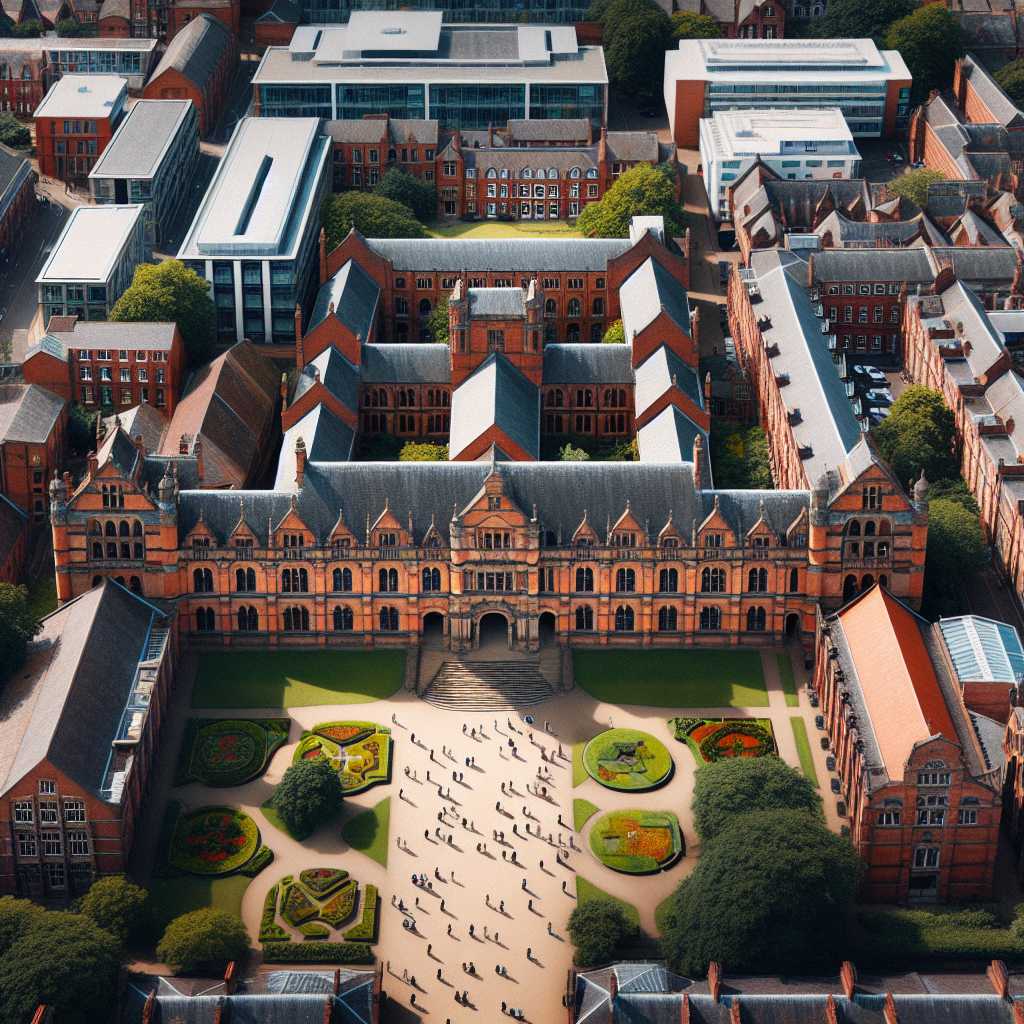The Esteemed History and Significance of Harvard University
Harvard University, an epitome of excellence and legacy in higher education, stands apart not only as the oldest institution of higher learning in the United States but also as a symbol of intellectual prestige worldwide. With its inception dating back to 1636, Harvard has continually advanced the frontiers of knowledge, educating leaders and fostering groundbreaking research. The university’s commitment to excellence, its influential alumni, and its contribution to various fields have cemented its position at the forefront of global academia.
The Birth and Evolution of an Academic Colossus
Early Beginnings and Colonial Roots
Harvard University was established by the Massachusetts general court and named after its first benefactor, John Harvard, a clergyman who bequeathed his library and half his estate to the institution. Originally created to educate members of the clergy, Harvard’s scope quickly widened to serve the broader ambitions of colonial America. Its evolution mirrors the development of American society – from a colonial college into a modern research university with a global footprint.
Growth and Diversification Through Centuries
Over the centuries, Harvard expanded in terms of its campus size, academic programs, and student diversity. The introduction of elective courses and professional schools in law, medicine, business, and various arts and sciences represented a fundamental shift away from the classical curriculum. This broadening of offerings developed alongside progressive increases in student demographics, including women with the formation of Radcliffe College in 1879 (fully integrated in 1963), and diversifying racial representation among students and faculty.
Recent Developments and Adaptations
In more contemporary history, Harvard has continued to adapt to the changing landscape of academia and society at large. Technological advancements have led to novel approaches in teaching and research. Significant investments in science, technology, engineering, mathematics (STEM), alongside its traditionally robust programs in law, business, and public policy continue to make Harvard an incubator for thought leadership. Recent years have seen Harvard grapple successfully with challenges such as expanding financial aid programs to enhance accessibility and equity.
Harvard’s Global Impact Through Its Alumni Network
Producing Leaders Across Fields
Harvard has been renowned for educating prominent figures in politics, academia, business, science, and the arts. Eight U.S. presidents are among its alumni, along with numerous foreign heads of state, nobel laureates, Pulitzer Prize winners, and Academy Award winners. This has shown the university’s profound influence on many facets of global society.
Networks Spanning across Globe
With its extensive network of alumni clubs and associations worldwide, Harvard ensures that its influences extends far beyond its campus boundaries.
Facilities and Resources at Harvard University
Renowned Academic Library System
Harvard’s library system is the largest academic library in the world with over 20.4 million volumes at students’ disposal. It provides an unrivalled repository of human knowledge that acts as a springboard for scholarly engagement across all disciplines.
State-of-the-Art Research Facilities and Endowment
Cutting-edge research facilities are foundational to Harvard’s leading edge in research outcomes. Furthermore, it supports one of the largest university endowments globally which allows for continuous investment into expanding academic programs and maintaining world-class facilities.
Cultural Institutions for Broader Engagement
A range of institutions like museums and theaters help bring together academic excellence with cultural development.
Current Challenges and Criticisms Faced by Harvard
Balancing Inclusivity with Tradition
As societal challenges evolve, prestigious institutions like Harvard are always scrutinized for how they include underrepresented groups while maintaining academic rigor. Discussions around campus culture, admission criteria (notably affirmative action), tuition fees and financial accessibility are ongoing discourses that reflect society’s broader questions about education equity.
Responding to Modern-Day Demands
Rapid changes in scientific fields require constant adaptations within academic administrations. There is increasing scrutiny over research funding sources due to ethical concerns about possible conflicts of interest.
